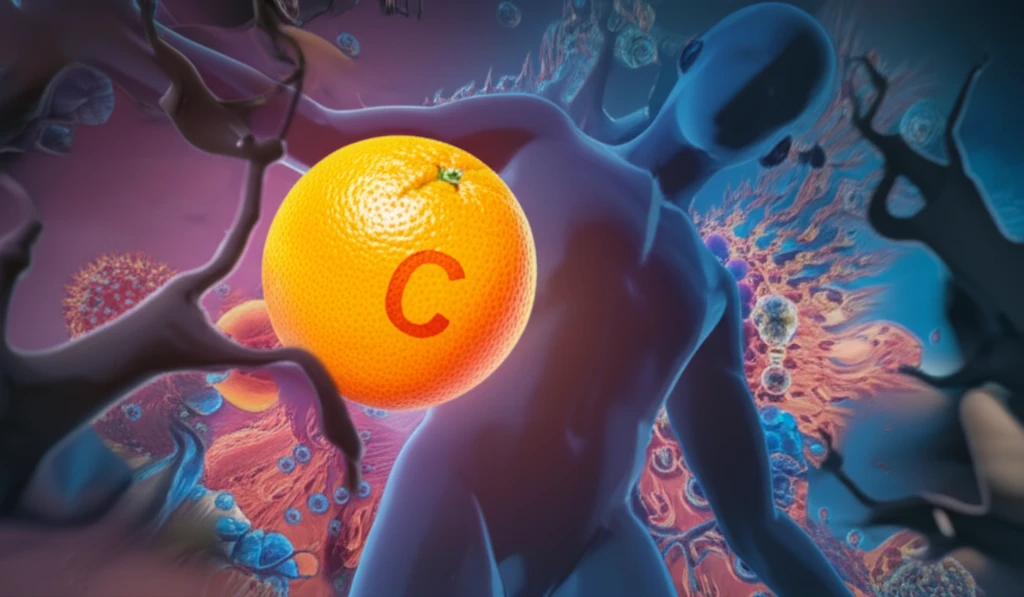
IV Vitamin C: Is It the Cancer Cure We've Been Waiting For?
"Uncover the truth about IV vitamin C therapy for cancer. Separating fact from fiction, dosage and benefits."
For decades, intravenous vitamin C (IVC) has been at the center of a fierce debate regarding its role in cancer therapy. While some complementary health practitioners have long administered high doses of IVC, solid scientific validation has remained elusive, leading to inconsistencies in clinical applications.
This article addresses vital questions pertinent to both cancer patients and the medical community. These range from understanding if cancer patients typically exhibit compromised vitamin C levels to assessing IVC's safety, its interactions with conventional treatments like chemotherapy and radiotherapy, and its capacity to enhance the quality of life for those undergoing cancer treatment.
Over the past two decades, research has made strides in understanding the administration routes, safety considerations, interactions with chemotherapy, effects on quality of life, and potential mechanisms of action of IVC. Still, fundamental questions persist, particularly concerning optimal dosage and frequency. This article seeks to illuminate these areas, guiding future research and clinical practices.
Why Cancer Patients Often Have Low Vitamin C: The Link

Vitamin C is vital for many biological functions, and cancer patients often show lower plasma levels than healthy individuals. Studies have demonstrated that a significant portion of cancer patients experience hypovitaminosis C (low vitamin C levels) or outright deficiency.
- Compromised Status: Cancer patients often exhibit lower mean plasma vitamin C compared to healthy controls.
- Disease Burden: The severity of the disease impacts vitamin C status, with higher-burden lymphomas showing greater deficiencies.
- Tumor Grade: Higher-grade tumors often correlate with lower vitamin C concentrations compared to lower-grade ones.
- Oxidative Stress: The disease process leads to enhanced metabolic turnover, increasing oxidative and inflammatory stress, reducing vitamin C levels.
Intravenous Vitamin C: The Path Forward
IVC is remarkably safe, even at high doses, caution is needed for individuals with renal dysfunction or G6PD deficiency. IVC doesn't appear to interfere with chemotherapy. It may synergistically act with it, and also seems to decrease common side effects of Chemotherapy. More research is needed to determine the perfect amount, how often to apply IVC, and for how long to get the most benefit for oncology patients. Future studies should focus on customizing IVC regimens based on cancer subtypes to maximize its therapeutic impact.
